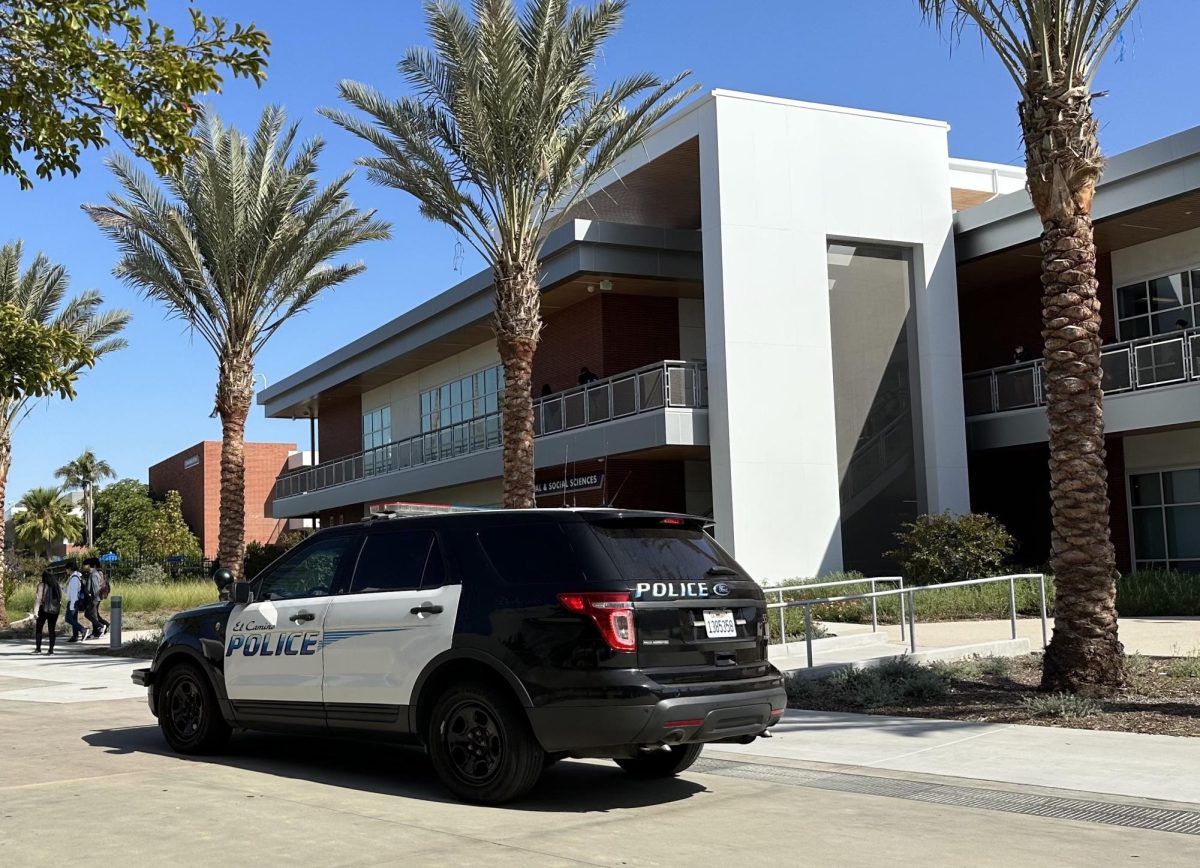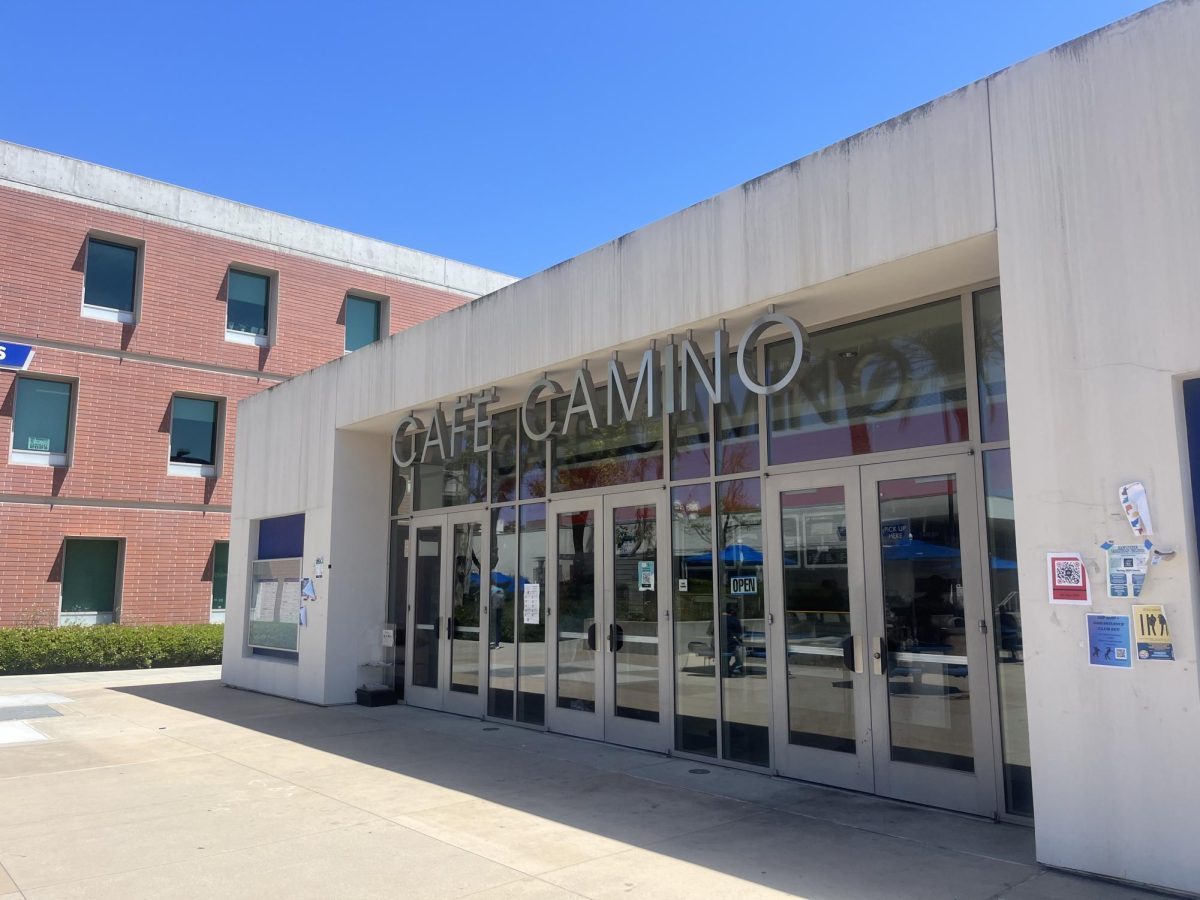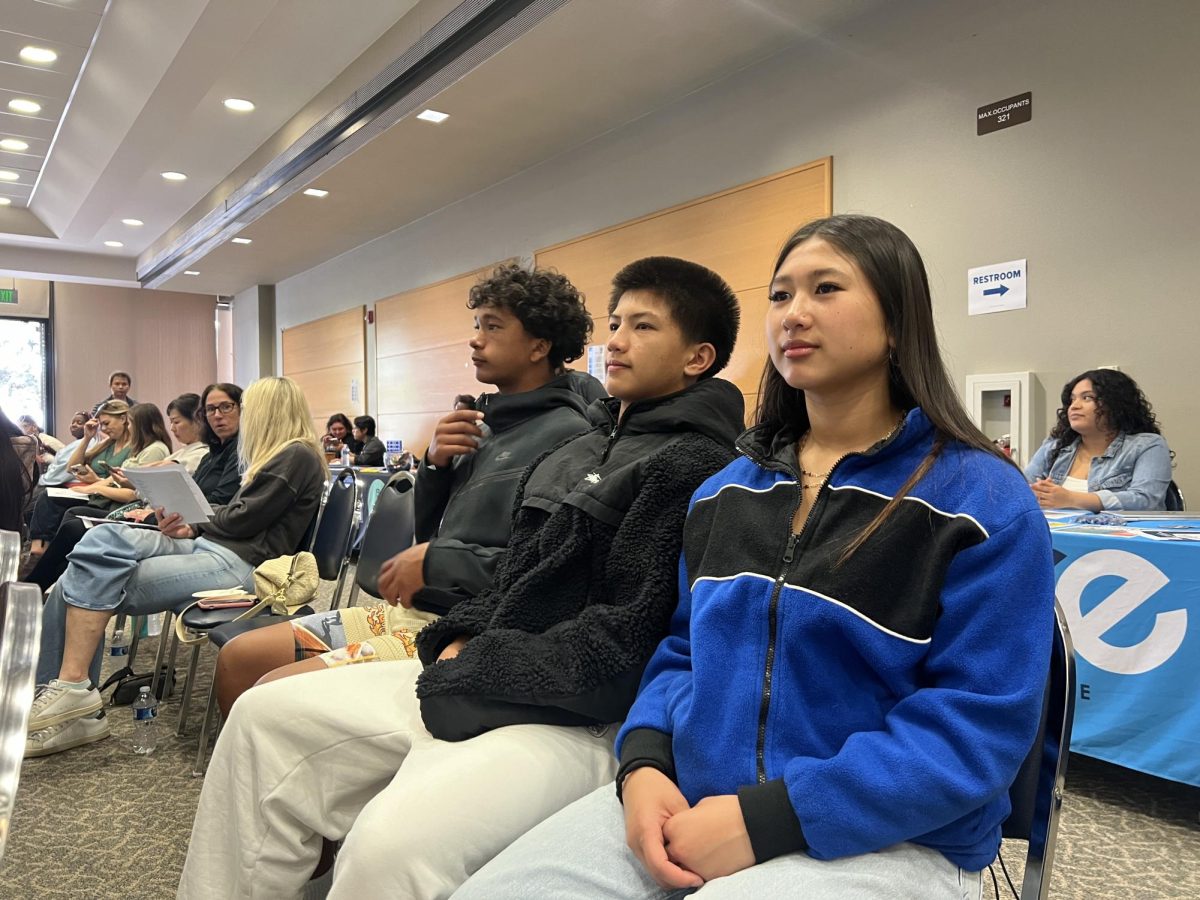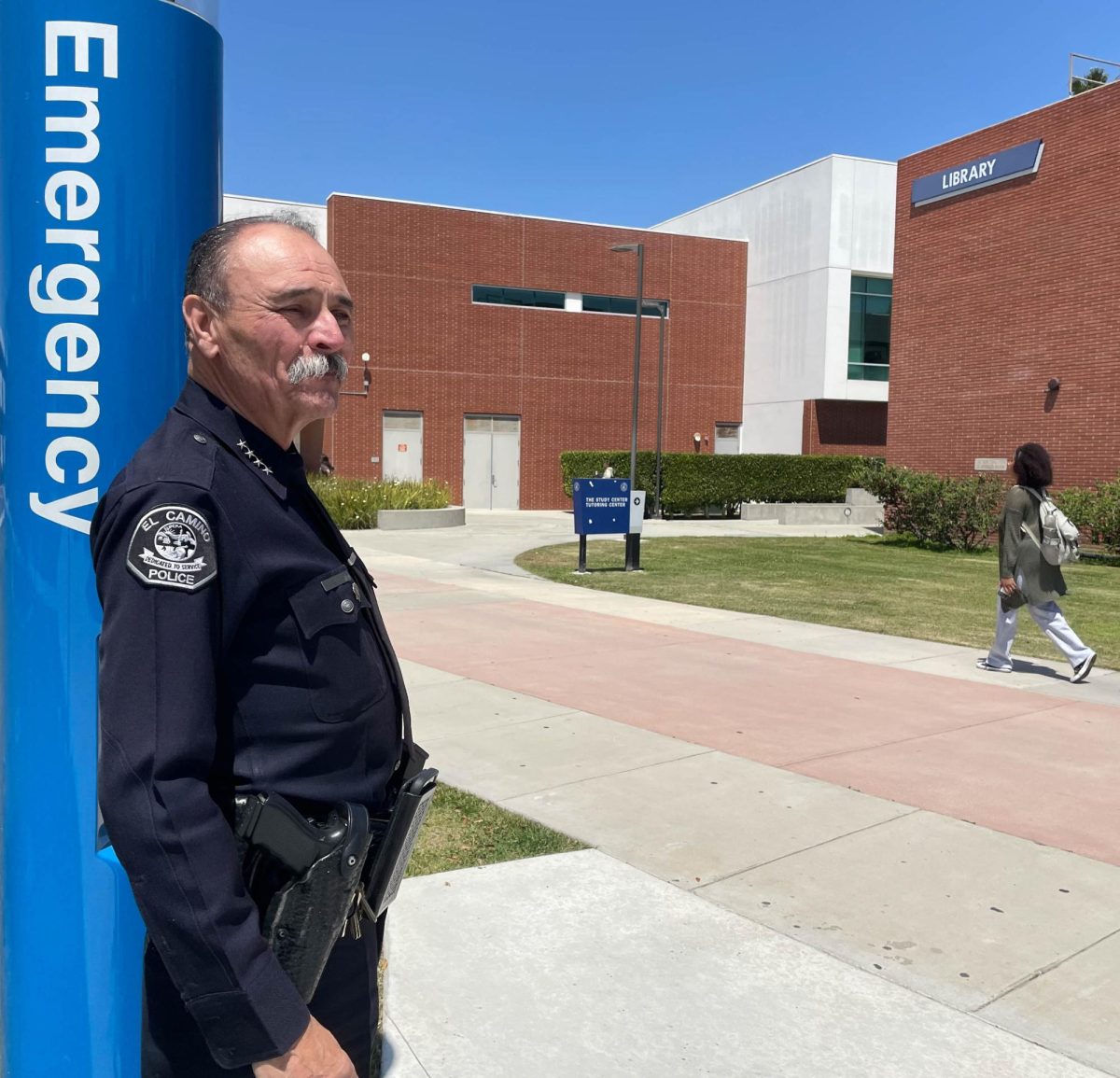It’s true that most people do not get enough sleep. In college, sleep seems to be irrelevant when trying to turn in last minute projects or studying for an exam.
However, the effects of sleep deprivation not only have short-term, but long-term consequences.
According to the Division of Sleep at Harvard University Medical School’s website, the cost of poor sleeping habits may have profound consequences on long-term health.
According to their research, they found that people who consistently fail to get enough sleep are at higher risk of getting chronic diseases like hypertension, diabetes, high blood pressure, and heart disease.
“Sleep is so fundamental to our health,” Amy Himsel, psychology professor, said. “When we are sleep deprived on a regular basis, other aspects of our heath start to fall apart like our immune system.”
Studies have found that people who suffer from sleep deprivation have impaired judgment, lack of focus, and they tend to eat unhealthy foods. These short-term effects can lead to long-term consequences.
“Stress and anxiety. These are things that keep our brains very active,” Himsel said. “A stressed out brain is a busy brain.”
Researchers said the minimum amount of sleep a person should get a night is six to eight hours of sleep. In a survey done by The Union, 15 out of 61 students said on average, they get below the minimum hours of sleep, only sleeping three to five hours a night.
“When I don’t get a lot of sleep, I feel like I can’t concentrate and it’s harder for me as a music major to even practice,” Maria Aguero, 20, music major, said.
Some long-term effects of sleep deprivation can result in a weakened immune system, obesity, and the development of chronic diseases that could lead to shorter life expectancy.
Studies show that without proper sleep, the brain can not heal itself in order for it to function properly.
“The whole point of sleeping is to slow down your metabolism and your body does a lot of healing,” Julie Poepoe, nurse practitioner, said. “So, when you’re not doing that, you compromise your immune system and you have a tendency to get sick more often.”
In order to get over that tired feeling, many students drink caffeinated drinks like coffee, soda and energy drinks, not realizing these things can also affect their sleep and have long-term consequences.
Caffeine and alcohol consumed in the afternoon hours can also affect the way people sleep at night. Both of these substances can affect how long and how deep people will sleep during the night.
“The energy drinks like the Five Hour Energy (and) the Monster can cause people to have heart palpitations, anxiety, (and) can really overstate physiology and have physical side effects,” Poepoe said.
Sleep deprivation affects more than half of Americans. Those who suffer from it are at a higher risk of stroke than those who lead healthier sleeping habits.
For students wanting to overcome sleep deprivation, the Health Center is hosting a free workshop on Oct. 28 at 2 p.m.
“Students in a group setting benefit from hearing that they are not alone, that other people are experiencing similar difficulties and through learning about (the) benefits of getting good sleep,” Poepoe said.
Editor’s note: This is the second story of a three-part series about sleep deprivation and its effects.








